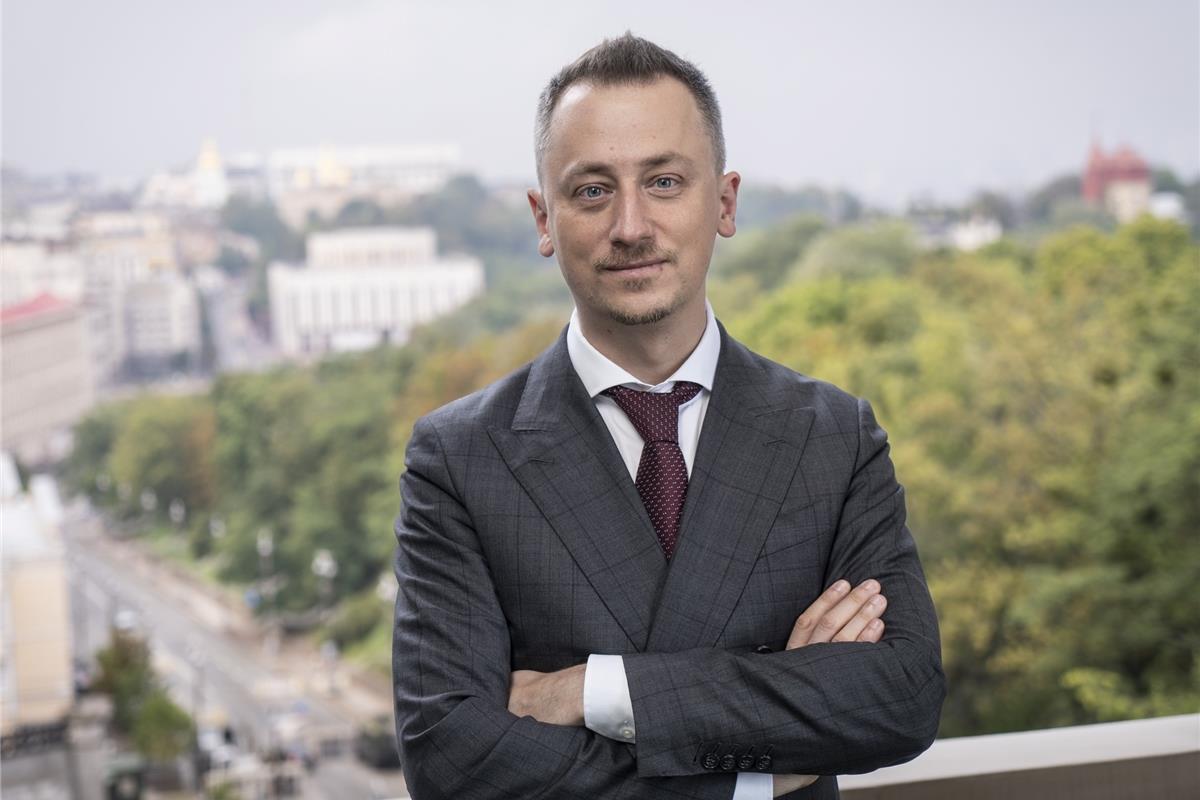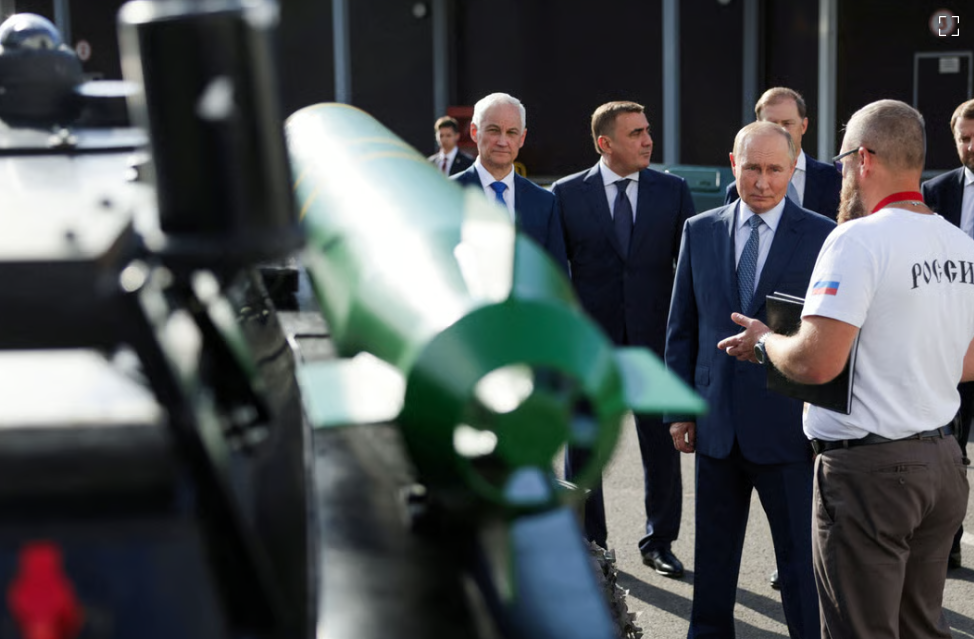Lithuanian President Gitanas Nausėda stated that, considering Russia’s military aggression against Ukraine, Europe must draw conclusions and actively prepare for defense. He made this statement during a joint press conference with European Council President António Costa in Vilnius on Tuesday.
"Russia’s war against Ukraine has shown that the entire European Union must prepare for defense. However, we are still not dedicating enough attention and resources to this issue," the president said.
He added that Lithuania is setting an example by investing 4% of its GDP in defense this year and planning to allocate over 5% in 2026.
Nausėda noted that Lithuania expects greater involvement from the EU, primarily through the "Security Action for Europe" (SAFE) program and European defense industry initiatives.
He also welcomed the European Commission’s initial proposal for the next seven-year budget, which provides for increased defense funding and focuses on military mobility, the protection of critical infrastructure, and resilience.
The president emphasized that the security of the EU’s eastern borders must remain a priority, requiring larger investments in the region for better protection.
"The EU must recognize that the long-term security of Ukraine and Europe can only be ensured through the EU’s active involvement," Nausėda stated, while also welcoming U.S. efforts to end Russia’s military aggression.
"Therefore, the European Union must expand military support, and member states must provide Ukraine with reliable security guarantees," he said, adding that, in the near term, pressure on Russia should be intensified by adopting the EU’s 19th sanctions package, targeting Russia’s oil and gas revenues, Rosatom, the banking sector, and the shadow fleet, while simultaneously using frozen Russian assets for Ukraine’s reconstruction.
Nausėda also stressed the importance of accelerating membership negotiations with Ukraine and Moldova so that both countries can join the EU by 2030, which, he said, would "ensure long-term security for both Ukraine and Europe."
"Looking at the bigger picture, we must assume greater responsibility for supporting a rules-based international order and firmly reject actions that violate international law. Finally, by strengthening existing partnerships and building new ones, we must rely more on our own experience as a reliable partner and focus on long-term results. Together with our closest allies, we must limit the expansion of the emerging authoritarian bloc," Nausėda concluded.





















